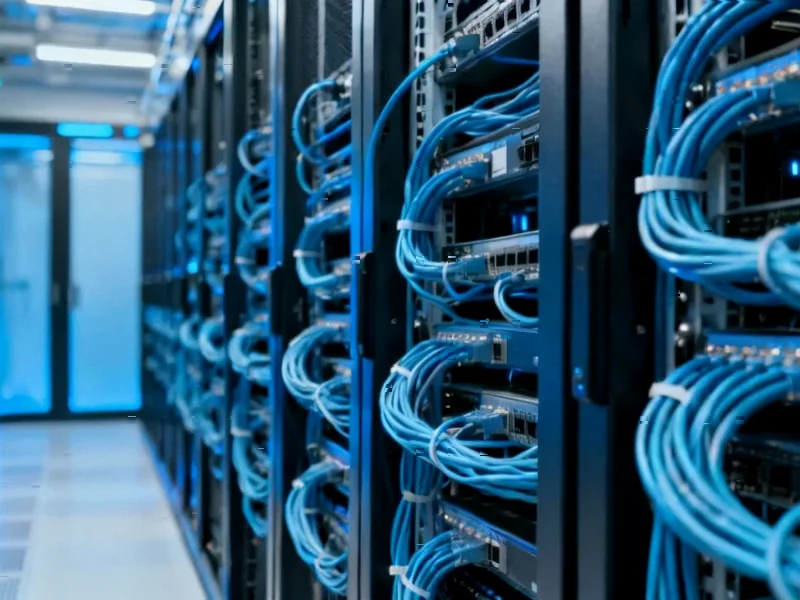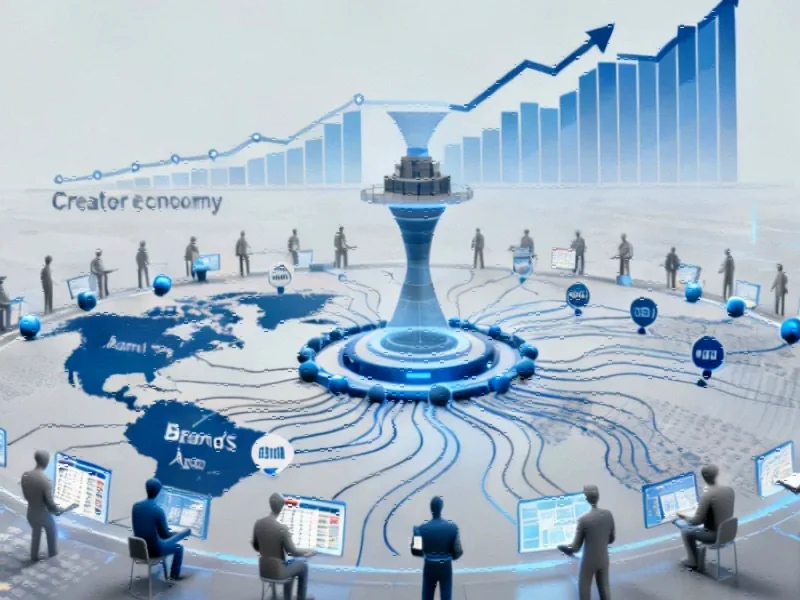According to Supply Chain Dive, Nestlé is upgrading its SAP ERP system from the legacy ECC platform to a more AI-focused setup that will enable real-time supply and demand matching for retailers. The food and beverage giant plans to cut 16,000 jobs globally over the next two years, representing 6% of its workforce, with three-quarters of those reductions coming from corporate positions. CIO Chris Wright said the upgrade will provide “more flexibility, capabilities and insights” to roll out products faster worldwide. CEO Philipp Navratil recently told investors Nestlé “has not been the most efficient company in the past” and needs to speed decision-making through digitization. The company is moving from SAP S/4HANA Finance, which SAP introduced in 2014, with mainstream support for ECC ending in 2027. Nestlé already migrated its entire SAP ERP to the SAP Private Cloud in 2022.
The real story behind the upgrade
Here’s the thing about these big enterprise software upgrades – they’re never just about technology. When a company like Nestlé talks about “efficiency” and “automation” while announcing 16,000 job cuts, you don’t need to read between the lines too hard. The CEO basically admitted they’ve been inefficient, and now they’re fixing that with both technology and workforce reductions. It’s a classic corporate playbook: invest in systems that can do what people used to do, then reduce headcount accordingly.
Where AI actually matters
The most interesting part of this announcement is the focus on real-time supply and demand matching. For a company that sells everything from coffee to chocolate to bottled water, getting inventory levels right across thousands of products and locations is incredibly complex. Traditional ERP systems can handle the transactions, but they’re not great at predicting what’s going to sell where and when. AI could actually make a meaningful difference here – reducing waste, improving freshness, and making sure stores have what customers want. That’s not just corporate buzzword bingo – that’s real business value.
The corporate workforce squeeze
Three-quarters of the job cuts hitting corporate roles tells you everything you need to know about where automation is having the biggest impact. It’s not the factory workers or delivery drivers getting replaced first – it’s the middle managers, analysts, and administrators whose jobs involve processing information and making decisions. When your ERP system can automatically handle procurement, generate reports, and optimize supply chains, you simply need fewer people doing those jobs. It’s brutal, but it’s the reality of enterprise technology evolution.
SAP’s endgame with cloud migration
Nestlé’s 2022 move to SAP Private Cloud was probably the first step in this whole process. Companies don’t just wake up one day and decide to overhaul their core business systems – these are multi-year, carefully orchestrated transitions. SAP’s 2027 deadline for ending ECC support is basically forcing their entire customer base to modernize or face security and compatibility risks. For Nestlé, getting ahead of that deadline while also positioning for AI capabilities makes strategic sense. But the timing with massive layoffs? That’s going to make a lot of employees nervous about what “digital transformation” really means for their jobs.




